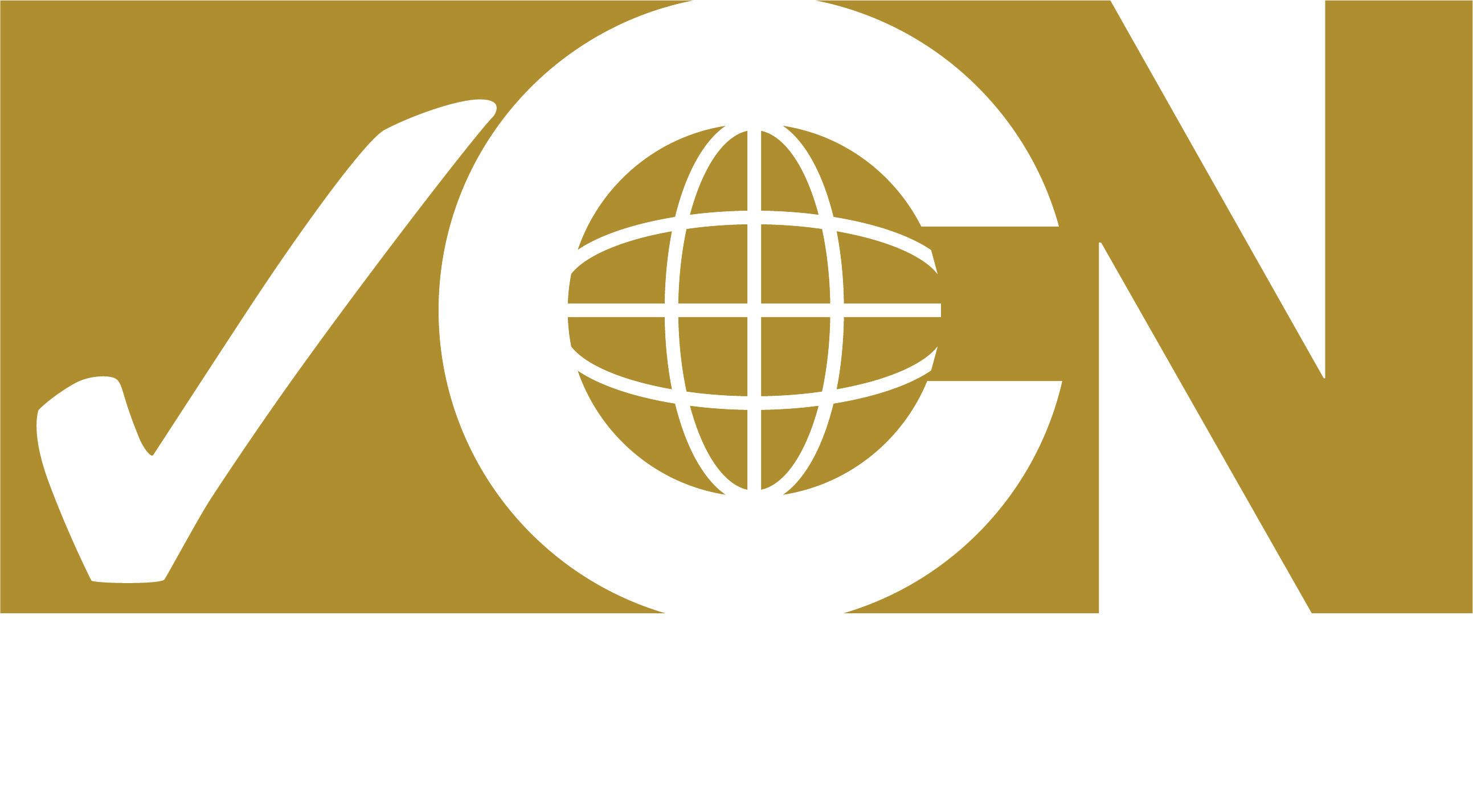The International Cyanide Management Institute (ICMI) announced today that Goldcorp Inc.’s El Sauzal Mine in Mexico has been decommissioned in accordance with the International Cyanide Management Code (Cyanide Code). Goldcorp has “decommissioned” all “cyanide facilities” at the site and withdrawn it from participation in the program.
El Sauzal was initially certified in full compliance with the Cyanide Code in March 2008, and was recertified in July 2011 and December 2014. Now closed, El Sauzal is the first mine to demonstrate its successful decommissioning through a Cyanide Code Audit. The Cyanide Code defines “decommissioning” in part as those “activities conducted to treat, neutralize or otherwise manage cyanide and cyanide containing process solutions remaining in storage and production facilities in preparation for closure so that they do not present a risk to people, wildlife or the environment.” Once all “cyanide facilities” (defined as (1) A storage, production, waste management or regeneration unit for managing cyanide or cyanide containing process solution. (2) A pollution control device, equipment or installation used to prevent, control or minimize the risk of a cyanide release”) at a mine are decommissioned, the Cyanide Code no longer applies.
After implementing its Decommissioning Plan, El Sauzal was again audited against ICMI’s Verification Protocol by an independent professional third-party auditor. ICMI has received and accepted the auditor’s Detailed Audit Findings Report, which found that the risks related to cyanide have been minimized to the point that the Cyanide Code no longer applies at the El Sauzal Mine. The Summary Audit Report and Auditor Credentials Form are available on Goldcorp’s Signatory Companies Page of the ICMI web site: http://cyanidecode.org/signatory-company/goldcorp.
The Cyanide Code is a voluntary industry program for companies involved in the production of gold using cyanide and companies producing and transporting this cyanide. It was developed under the aegis of the United Nations Environment Programme by a multi-stakeholder Steering Committee. The Cyanide Code is intended to complement an operation’s existing obligation to comply with the applicable laws and regulations of the political jurisdictions in which the operation is located.
ICMI has been established to administer the Cyanide Code, promote its adoption, evaluate its implementation, and manage the certification process. A detailed list of the operations covered by signatory companies’ applications, along with the full text of the Cyanide Code and its implementing and administrative documents, are available at www.cyanidecode.org.
